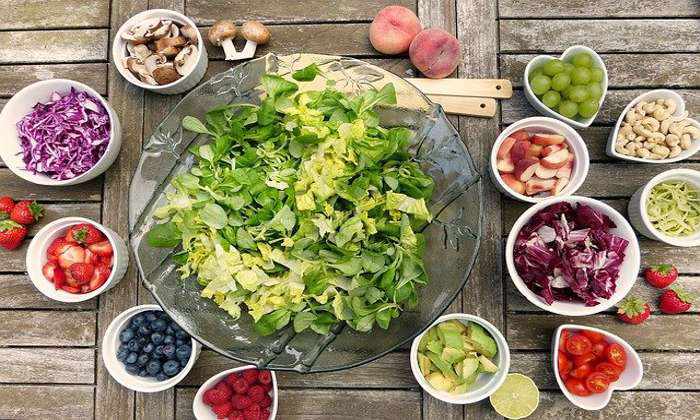Sustainability during lockdown: growing your own food
04 Jun 2020
We’ve updated our 10,000 Actions website so that you can record what you’re doing to help the environment while at home

As we all continue to spend large amounts of time at home, it has given some of us more time to think about what we can do to help the environment and live more sustainably. Now, more than ever, the impact we have on the world around us has been brought into sharp focus. As World Environment Day approaches on 5 June, reflecting on and recording the small actions or changes we are making are big steps towards helping our planet.
Our 10,000 Actions initiative aims to provide all University staff members with the opportunity to engage in a programme of learning and positive action on sustainability through creating a personal action plan.
Growing your own food/trying plant-based meals
- Lots of us have taken advantage of more spare time to spend in the garden. But you don't need garden space to grow your own food. Herbs and salad leaves can be grown in containers on window sills or balconies and crops such as tomatoes, potatoes and strawberries can be grown in pots or bags. Gardeners' World has some top tips on 10 easy-to-grow vegetables for beginners. The benefits of growing your own are many - fewer food miles and pesticides, lower grocery bills and it's good for your wellbeing as well as the planet!
- Make a plant-based meal. Switching to a plant-based meal once a day can help fight climate change. Social media initiatives like #MeatFreeMonday can give you lots of ideas and mainstream supermarkets now offer meat-free substitutes. Have a look at some easy-to-make recipes.
Take a Bite Out of Climate Change
- A group of University-based researchers are sharing free online content for children to learn about how food contributes to climate change. Each week day in June they are putting out new materials aimed at 7 to 14 year olds, including videos, activity worksheets and interviews with experts. They will also be answering questions and showcasing the work sent in by children. Read more.
What you can do:
- Go to our 10,000 Actions website and access the online tool.
- Upload your activity.
Tell us what you’re doing
Send your photos or short videos of what you’re doing at home to uninews@manchester.ac.uk and we’ll feature them on our social media channels.
